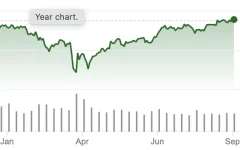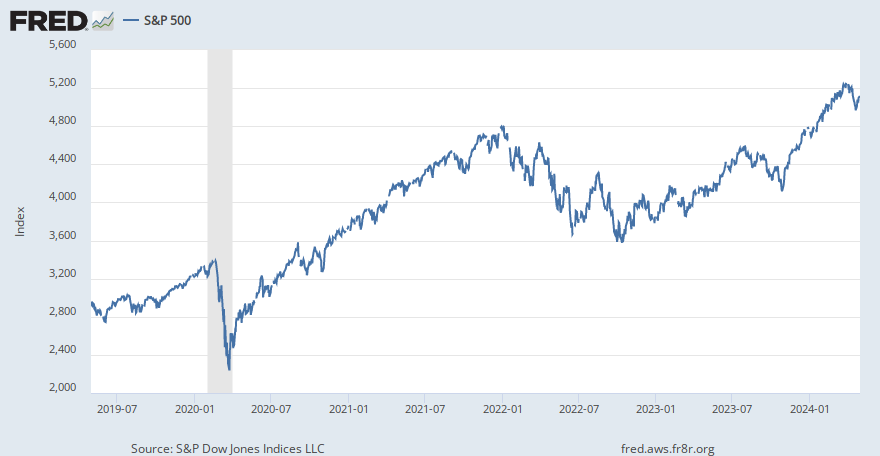Investors know this is a Trump con.
I am very suspicious of the revised jobs report, the number one reason being, Trump lies too much. He cannot be trusted.
The second reason being, it is far too convenient for Trump, almost as if he wrote it. Nine months of the report occurred during the Biden administration, and its not pretty.
Trump virtually predicted this disastrous report following the weak July report.
CNN reports, "Trump and his administration spent the last month portraying recently dreadful jobs data as a “
scam” and an organized vendetta against his presidency.
"Trump last month labeled the disappointing July jobs report as “rigged,” and
fired Erika McEntarfer from her role as Bureau of Labor Statistics commissioner."
In other words, in Trump's mind, a "rigged" jobs report, a "scam" is a distinct possibility.
"Employers added only 22,000 nonfarm jobs in August, far short of Wall Street analyst forecasts of 80,000, while the nation's unemployment rate rose to 4.3% — the
highest level since October of 2021," CBS, Sept. 5.
The BLS belongs to Trump now. Trump nominated E.J. Antoni, an economist at the conservative Heritage Foundation, to lead the Bureau of Labor Statistics.
"The move has raised concerns about the credibility of economic data going forward," CNN.
The
Times reports, "The U.S. economy probably added close to a million fewer jobs in 2024 and early 2025 than previously reported, the latest sign that the labor market,
until recently a bright spot in the economy, may be weaker than it initially appeared."
Put a different way, Trump is no longer responsible for the economy, according to the jobs report from his BLS.
"The revised data was released by the Bureau of Labor Statistics as part of a longstanding annual process known as benchmarking. But the big downward adjustment comes at an awkward moment for the agency, just weeks after
President Trump fired its top official following a separate set of negative revisions last month,"
Times.



